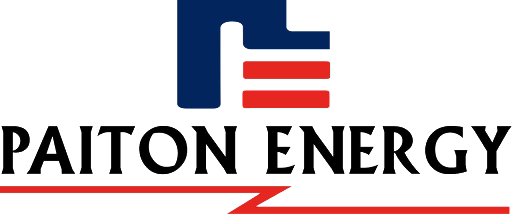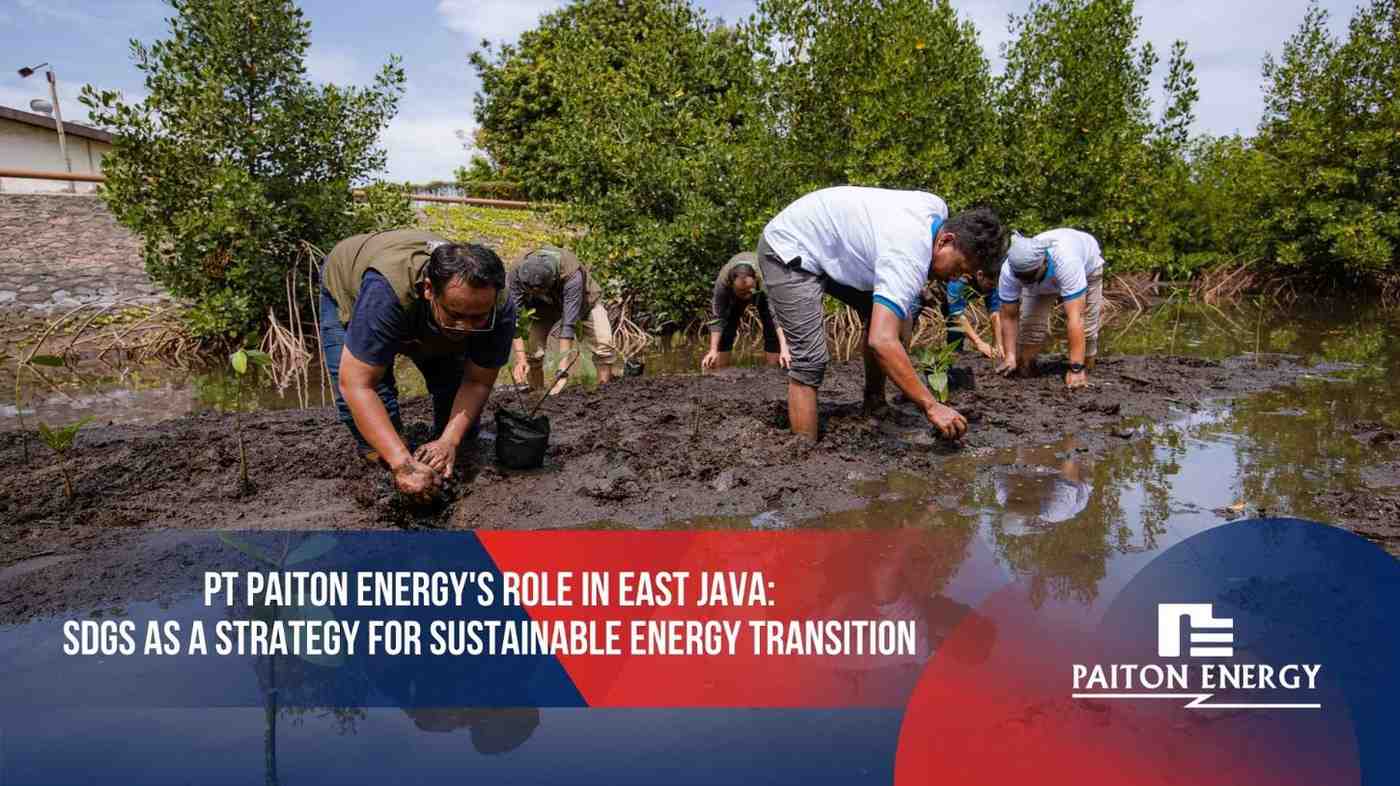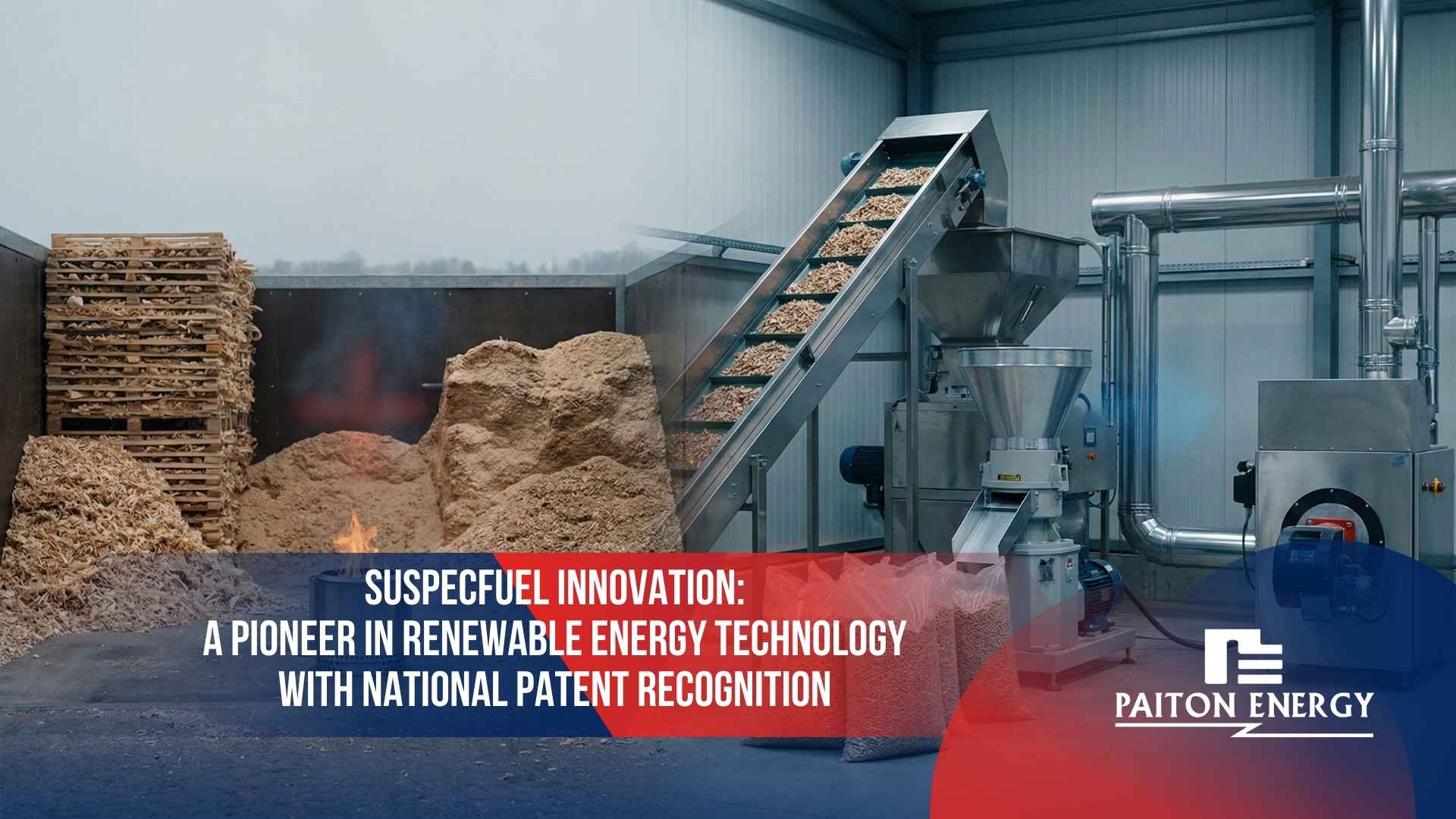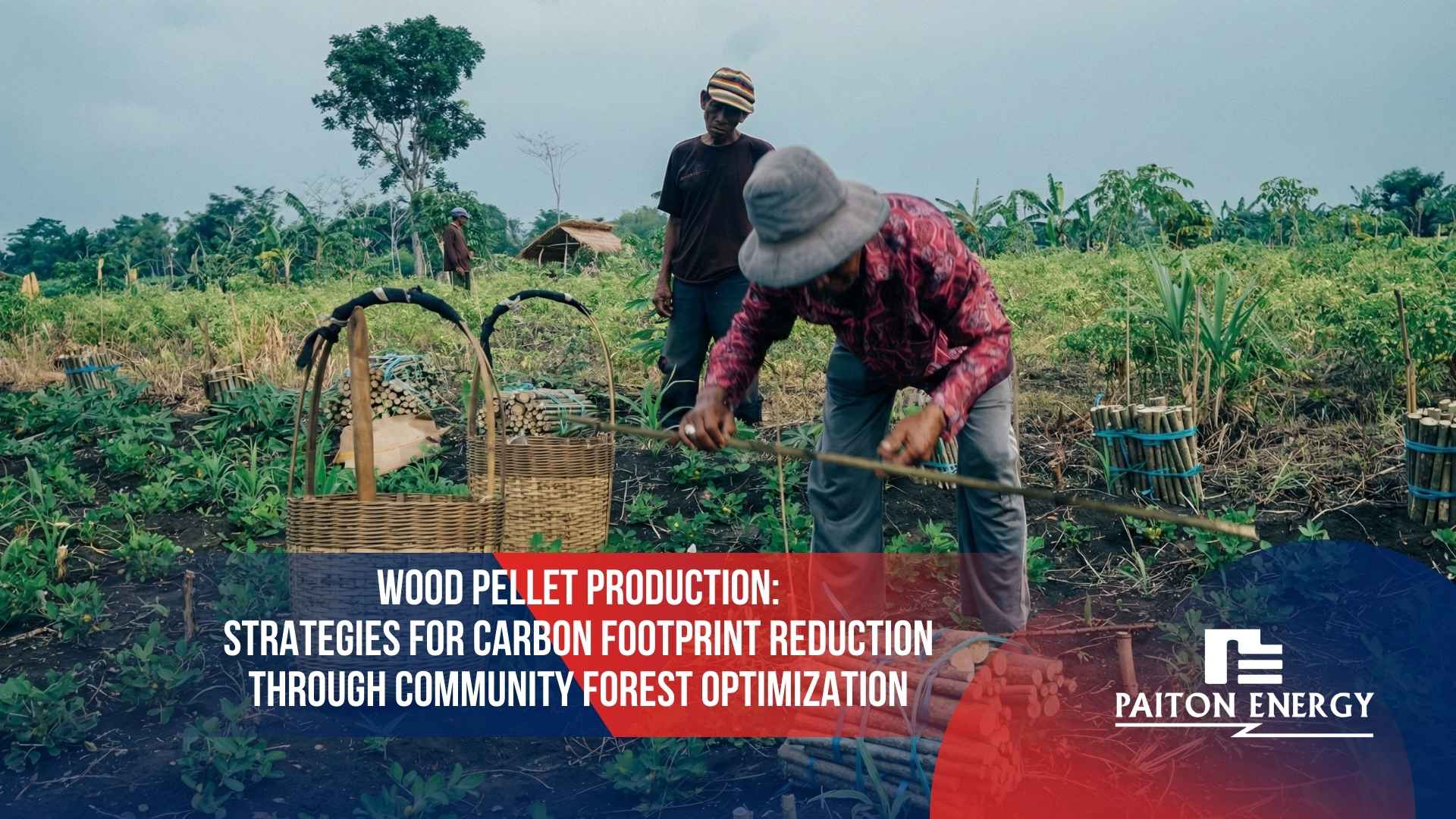The achievement of the Sustainable Development Goals (SDGs) has become a crucial global agenda, demanding an active role from all stakeholders, including the private sector.
In Indonesia, particularly in the province of East Java, the strategic role of PT Paiton Energy in aligning local energy operations with global sustainability objectives warrants close attention.
The fundamental questions to be addressed are: what constitutes the SDGs, and how does a business entity of PT Paiton Energy’s stature integrate this framework into its corporate strategy?
The SDGs are a comprehensive set of 17 global goals with 169 measurable targets, designed to eradicate poverty, protect the planet, and ensure prosperity for all.
This article will thoroughly examine the contributions, initiatives, and measurement mechanisms utilized by PT Paiton Energy to support the achievement of the SDGs in the province of East Java.
Commitment to Sustainable Energy and Climate Mitigation
As a major pillar for stable electricity supply in East Java, the large-capacity Paiton Coal-Fired Power Plant (PLTU) focuses not only on energy reliability but also on the transition towards the Net Zero Emission (NZE) 2060 target through the implementation of sustainable technologies and practices.
This commitment is aligned with the core tenets of the SDGs, particularly SDG 7 (Affordable and Clean Energy) and SDG 13 (Climate Action).
PT Paiton Energy proactively develops environmentally friendly and sustainable energy, including green energy innovation and climate change mitigation.
Key SDG initiatives include the development of new energy sources through the Micro-Hydro Power Plant (PLTMH) and Biogas programs for communities in Probolinggo Regency, as well as the utilization of waste to generate Waste-to-Energy (PLTSa), reflecting an integration of environmental management and energy solutions.
Coastal Preservation Initiatives and Ecosystem Conservation
PT Paiton Energy’s significant contribution to the SDGs is evident in its coastal environmental conservation and ecosystem rehabilitation programs. The question of what the SDGs entail and how they are implemented in the coastal environment is answered through a series of conservation programs.
The company’s Corporate Social Responsibility (CSR) program places a strong emphasis on forest and environmental conservation.
The mangrove planting program is a flagship effort in climate change mitigation and coastal protection. Over 121,000 mangrove saplings have been planted across various coastal locations such as Bahak Beach, Grinting Beach, Kampung Blekok, and Baluran National Park.
In addition to planting 3,000 mangrove saplings at Grinting Beach, Probolinggo, the ecological function of these mangroves is vital for carbon absorption, protection against abrasion, and as a marine ecosystem habitat. This initiative directly supports SDG 14 (Life Below Water) and SDG 15 (Life on Land).
Furthermore, the company is actively involved in community forest rehabilitation, such as in Selobanteng, Situbondo, where thousands of trees have been planted since 2006, contributing significantly to increased land cover and carbon sequestration, estimated to reach $3,853$ tons of carbon per hectare per year.
The company also develops Social Forests in Gading District, Probolinggo Regency, in collaboration with farmer groups and the Ministry of Forestry.
Community Empowerment and Local Economy
PT Paiton Energy’s initiatives extend beyond environmental aspects, integrating with social and economic empowerment of local communities, aligning with SDG 8 (Decent Work and Economic Growth) and SDG 1 (No Poverty).
Through its CSR programs, the company provides training and support to Micro, Small, and Medium Enterprises (MSMEs), which contribute to strengthening the community economy post-pandemic.
The development of conservation and eco-tourism-based Tourist Villages in Kampung Blekok, Situbondo Regency—focusing on the conservation of mangroves and local birds—and the development of eco-tourism in the Krucil area, Probolinggo Regency, have been catalysts for improving community welfare through an educational eco-tourism model.
Additionally, community-based waste management through waste banks is a critical pillar of the conservation and empowerment programs, engaging active community participation in the circular economy cycle.
Collaboration Framework and Impact Measurement (ESG)
The sustainability of PT Paiton Energy’s programs is realized through a penta-helix synergy model involving the government, community, academia, business sector, and media.
Strategic partnerships are forged with the Provincial Government of East Java, the Regencies of Probolinggo and Situbondo, as well as non-profit organizations like the Indonesian Red Cross (PMI) for disaster resilience and public health development.
The role of each partner is complementary, covering technical aspects, resources, and policy advocacy, ensuring effective and sustainable program implementation.
To measure the impact and tangible contributions, PT Paiton Energy adopts Environmental, Social, and Governance (ESG) indicators integrated with SDG metrics. These indicators include:
- Environmental: Number of mangroves planted, area of rehabilitated forest, measured carbon sequestration, and environmental awards received (such as Green PROPER).
- Social: Community involvement in waste bank management and MSME training, as well as the improvement of positive and dynamic social relations with the company.
- Economic and Governance: Energy efficiency, use of green energy technology, and sustainability of collaborative programs that ultimately enhance community welfare.
This measurement approach ensures that the reported contributions are not merely physical outputs but measurable and sustainable social and environmental impacts.
In summary, PT Paiton Energy has demonstrated a strong commitment to aligning reliable and sustainable local energy development with global goals. Through innovative initiatives in conservation, green energy, and community empowerment, the company provides a tangible model for how the private sector can play a vital role in achieving sustainability.
A deep understanding of what the SDGs represent and their implementation in business strategy has proven to be the key to success. The SDGs are not just an aspiration but an integrated operational blueprint, positioning PT Paiton Energy as a strategic entity in supporting the acceleration of SDG achievement in the coastal region of East Java.




